Have you ever considered whether tap water is secure to drink whereas traveling? Switzerland, celebrated for its come full circle scenes, towering mountains, and glinting lakes, is routinely commended as one of the cleanest nations in the world. But does this notoriety increment to its tap water? The brief reply is yes, but there’s so much more to know around this pivotal viewpoint of going by Switzerland.
During one of my trips to Zurich, I review being flabbergasted by the number of open wellsprings specking the city, each advertising crystal-clear water streaming straight from elevated sources. Drinking tap water felt as reviving as tasting from a characteristic spring.
In this article, I’ll direct you through everything you require to know approximately drinking tap water in Switzerland, sharing experiences from my claim encounters and basic tips for eco-conscious travelers.
Why Is Swiss Tap Water So Safe?
Switzerland’s tap water is not fair secure to drink it’s regularly of superior quality than bottled water. This is due to the country’s thorough water administration hones and normal plenitude of freshwater sources.
1. Natural Sources
Glaciers and Elevated Springs: Switzerland’s geological area gives it with an inexhaustible supply of new water from icy masses, elevated lakes, and rivers.
Rainfall: Normal precipitation replenishes the country’s water saves, guaranteeing a unfaltering supply of clean water year-round.
2. Stringent Regulations
Swiss specialists implement a few of the strictest water quality measures in the world. Districts and nearby specialists are required to test tap water frequently to guarantee it meets these standards.
Water must be free from contaminants, counting microorganisms, nitrates, and overwhelming metals.
The Government Nourishment Security and Veterinary Office manages water quality compliance over the nation.
3. Advanced Filtration Systems
Most tap water in Switzerland experiences broad filtration and refinement forms. Indeed untreated water from elevated springs is regularly secure due to its virtue at the source.
Where Can You Drink Tap Water in Switzerland?
1. Urban Areas
In cities like Zurich, Geneva, and Basel, tap water is sourced from stores, lakes, or streams like the Rhine and Lake Geneva. It encounters demanding treatment, ensuring it is free from toxins.
2. Public Fountains
Switzerland is domestic to over 1,200 open wellsprings in cities like Zurich alone. Most of these wellsprings give drinkable water, stamped by the name “Trinkwasser” or a comparative marker. In any case, wellsprings checked with “Kein Trinkwasser” or “Non-potable” water ought to be avoided.
3. Rural and Mountain Areas
In farther zones, water regularly comes straight from normal springs. Whereas this water is by and large secure, it’s shrewd to inquire local people or confirm its quality, particularly after overwhelming downpours, which can present sediments
Benefits of Drinking Tap Water in Switzerland
1. Cost-Effective
Bottled water in Switzerland can be costly, costing anyplace from CHF 3–5 per liter. Drinking tap water spares both cash and the environment by lessening plastic waste.
2. Eco-Friendly
Choosing tap water over bottled water adjusts with economical travel hones. By doing so, you minimize your carbon impression and diminish dependence on single-use plastics.
3. High Nutritional Value
Swiss tap water frequently contains valuable minerals like calcium and magnesium, which support bone prosperity and hydration.
Why Tap Water in Switzerland is Considered One of the Best
Switzerland has a few of the cleanest and most secure tap water in the world. The country’s commitment to maintainability and thorough water administration frameworks guarantees that about all tap water is drinkable, whether you’re in a bustling city like Zurich or a farther elevated village.
High Water Quality Standards: Swiss specialists implement strict water quality controls. Over 80% of Switzerland’s water comes from characteristic springs, groundwater, or lakes, guaranteeing freshness and purity.
Advanced Filtration: Tap water experiences multi-stage filtration forms, counting UV treatment and micro-filtration, to expel potential contaminants whereas holding fundamental minerals.
Mineral-Rich Composition: Swiss tap water regularly contains characteristic minerals such as calcium and magnesium, which are advantageous to health.
I review remaining in Lucerne, where I found the tap water tasted as reviving as bottled mineral water. Not at all like numerous places where travelers delay to drink tap water, in Switzerland, it felt like a benefit.
Drinking Water Fountains: A Special Swiss Feature
One of Switzerland’s standout highlights is its open drinking water wellsprings, locally known as “Trinkwasser” wellsprings. With over 1,200 open wellsprings in Zurich alone, they are a confirmation to the country’s water plenitude and eco-conscious culture.
Key Features:
Accessibility: You’ll discover these wellsprings in urban squares, parks, and indeed climbing trails.
Signage: If a fountain’s water isn’t secure to drink, it is checked with “Kein Trinkwasser” (not drinkable).
Eco-Friendly: Refilling your water bottle at these wellsprings makes a difference decrease plastic squander, adjusting superbly with Switzerland’s green initiatives.
Pro Tip: Continuously carry a reusable water bottle whereas traveling. I keep in mind refilling mine at a beautiful wellspring close Lake Geneva, sparing cash and diminishing squander simultaneously.
Tap Water vs. Bottled Water in Switzerland
Though tap water is secure, numerous guests still pick for bottled water. Here’s how the two compare:
| Feature | Tap Water | Bottled Water |
| Cost | Free (or negligible) | CHF 2-5 per bottle |
| Environmental Impact | Minimal (eco-friendly) | High (due to plastic waste) |
| Taste | Slight mineral flavor varies | Standardized, sometimes less fresh |
| Accessibility | Unlimited via faucets/fountains | Requires purchase at stores/cafés |
During my stay, I found no need to buy bottled water. The tap water was refreshing and environmentally friendly, making it the obvious choice.
Sustainability and Water Management in Switzerland
Switzerland is a worldwide pioneer in water asset administration. Here’s how the nation keeps up its water quality whereas advancing sustainability:
-
Source Protection: Over 80% of Swiss water is sourced from groundwater and common springs, which are stringently secured from pollutants.
-
Strict Checking: Specialists conduct standard testing for contaminants like pesticides and overwhelming metals, guaranteeing compliance with European Union standards.
-
Hydropower Integration: Swiss waterways and lakes control the country’s hydropower plants, illustrating the double utilize of water assets for sustainability.
Real-Life Insight: On a guided visit of Lake Constance, I learned that this lake not as it were supplies drinking water to millions but too bolsters biological systems and vitality generation.
Myths and Misguided judgments Almost Tap Water in Switzerland
Even with its stellar notoriety, there are a few myths approximately Swiss tap water. Let’s clear them up:
Myth 1: “Tap water tastes like chlorine.”
Truth: Whereas negligible chlorine may be display, Swiss water frequently has a clean, mineral-rich taste due to characteristic sources.
Myth 2: “Bottled water is more secure than tap water.”
Truth: Tap water in Switzerland is as clean as (or cleaner than) most bottled water brands.
Myth 3: “Mountain water is continuously drinkable.”
Truth: Whereas mountain streams may see clean, they can contain microscopic organisms or parasites. Continuously channel or bubble water from normal sources.
Tips for Drinking Water in Switzerland
-
Trust the Fountains: If the wellspring isn’t checked “Kein Trinkwasser,” the water is secure to drink.
-
Use a Reusable Bottle: Offer assistance decrease plastic squander by carrying a reusable bottle and refilling it at open fountains.
-
Be Cautious: When climbing, avoid drinking specifically from streams unless you have legitimate filtration.
-
Save on Meals: Tap water is free at eateries if you ask it, but a few foundations may still charge for bottled water.
Personal Counsel: Amid a climb in Interlaken, I depended on my water bottle filled with a neighborhood wellspring or maybe than carrying costly bottled water. It was both conservative and naturally friendly.
Summary
Drinking tap water in Switzerland isn’t fair secure it’s a delightful encounter that adjusts with the country’s feasible ethos. From perfect open wellsprings to mineral-rich tap water at domestic, Switzerland offers a few of the best drinking water globally.
As an eco-conscious traveler, grasping Swiss tap water diminishes your natural impression whereas letting you involvement the nation’s commitment to quality and maintainability. So, bring your reusable bottle and appreciate the reviving taste of Switzerland’s purest asset.
FAQs: Everything You Should Know
1. Is tap water free at Swiss restaurants?
While you can ask tap water, a few restaurants may charge a benefit expense for serving it.
2. Can you utilize tap water for infant formula?
Yes, Swiss tap water is secure for planning child equation. It’s best to bubble the water for newborn children beneath 6 months as a precaution.
3. What about hard water areas?
In a few locales, water may have higher mineral substance, but this doesn’t influence its security. Minerals like calcium are useful for health.
4. Are there water-saving activities in Switzerland?
Yes, Switzerland advances water preservation through effective frameworks, particularly in agribusiness and industry. In any case, the country’s inexhaustible water supply implies inhabitants and guests can utilize tap water freely.
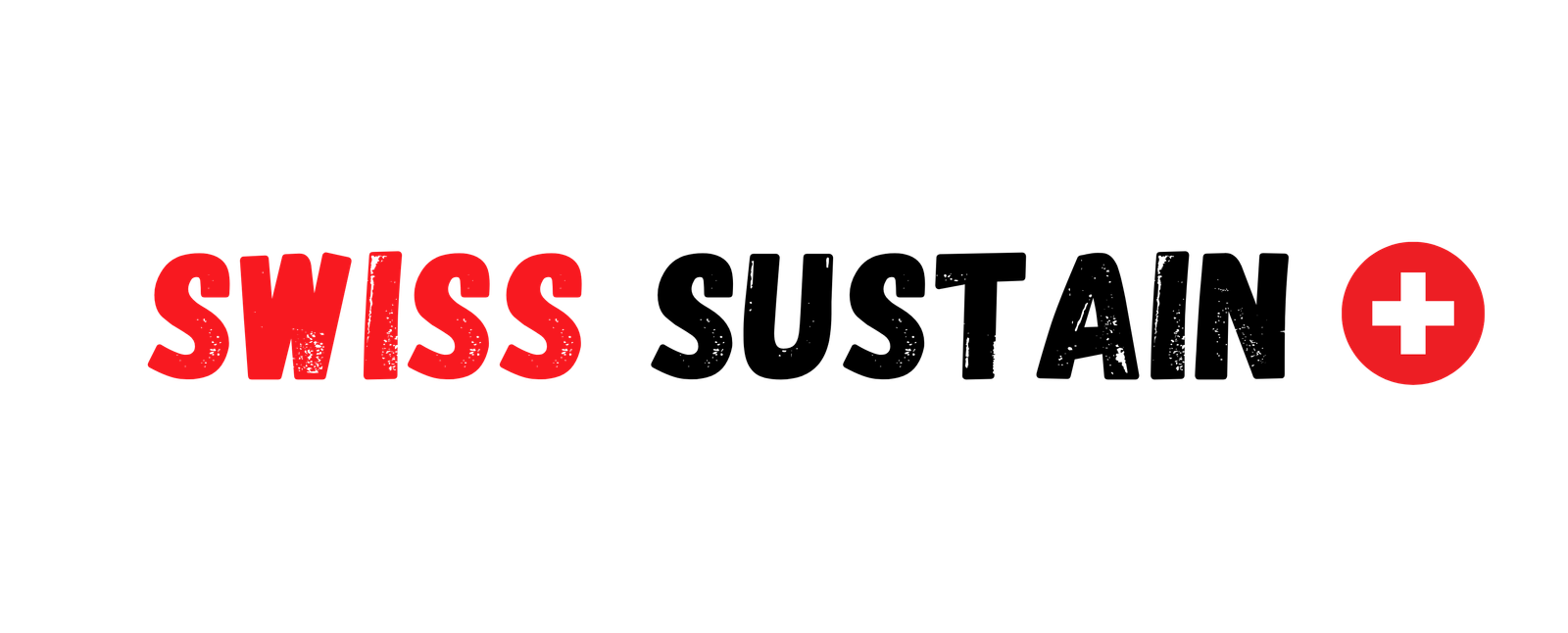

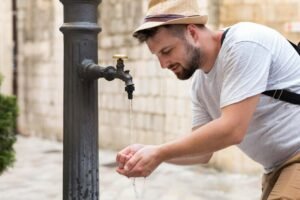



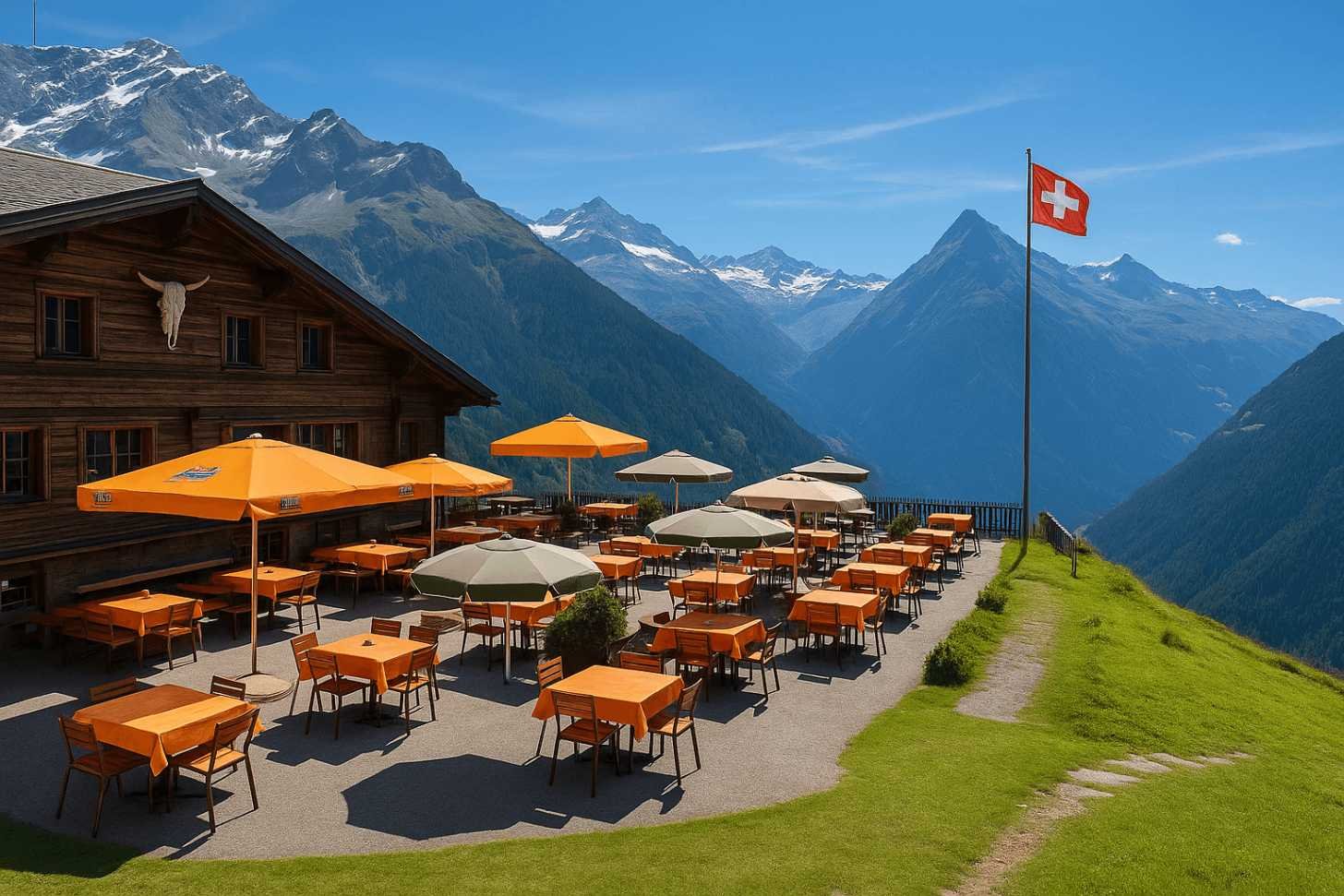

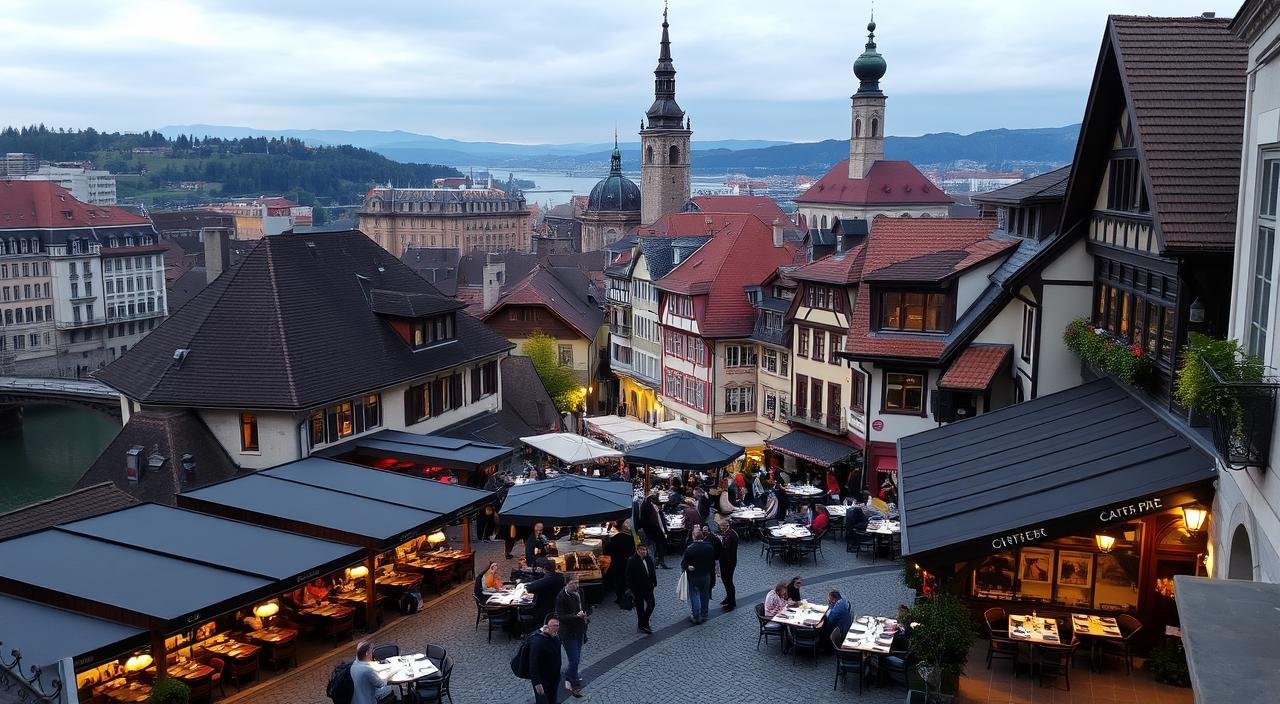
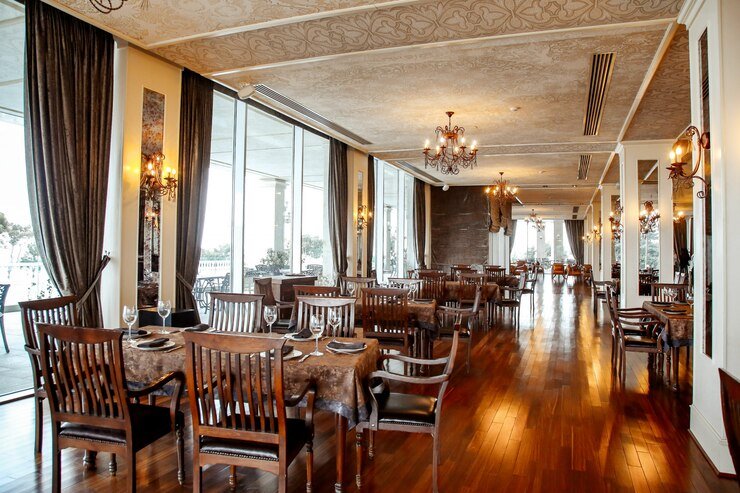
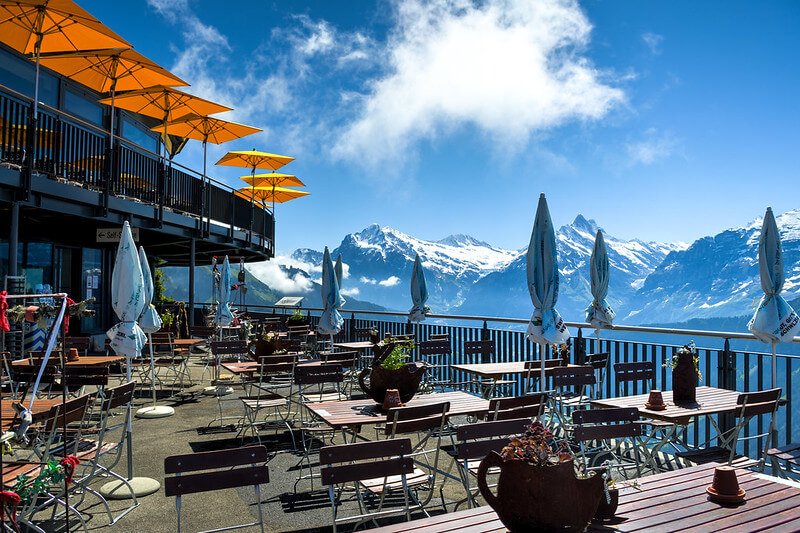

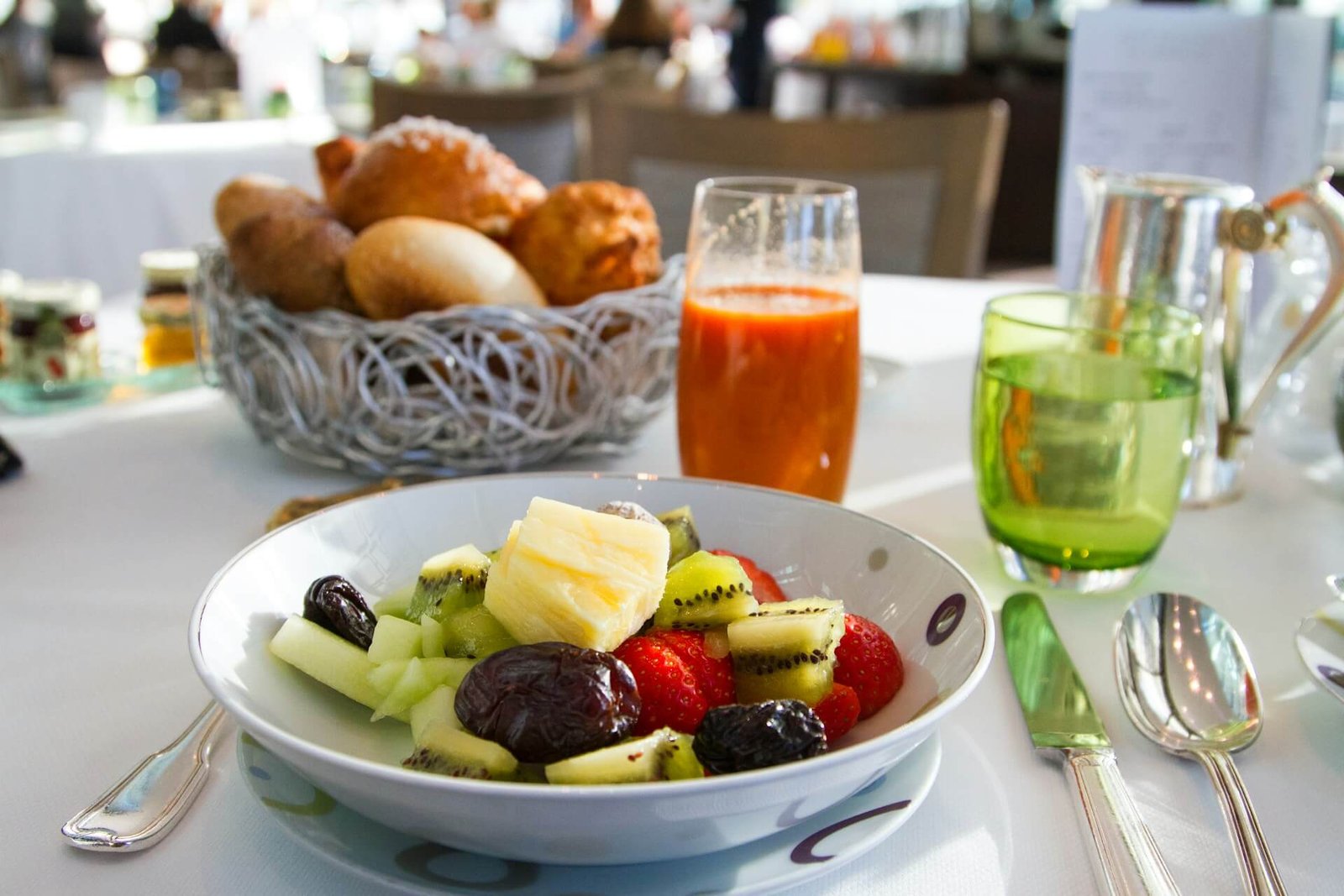
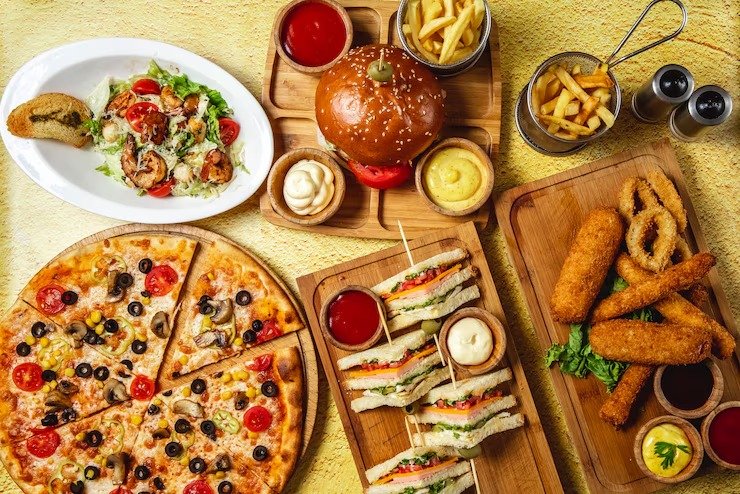

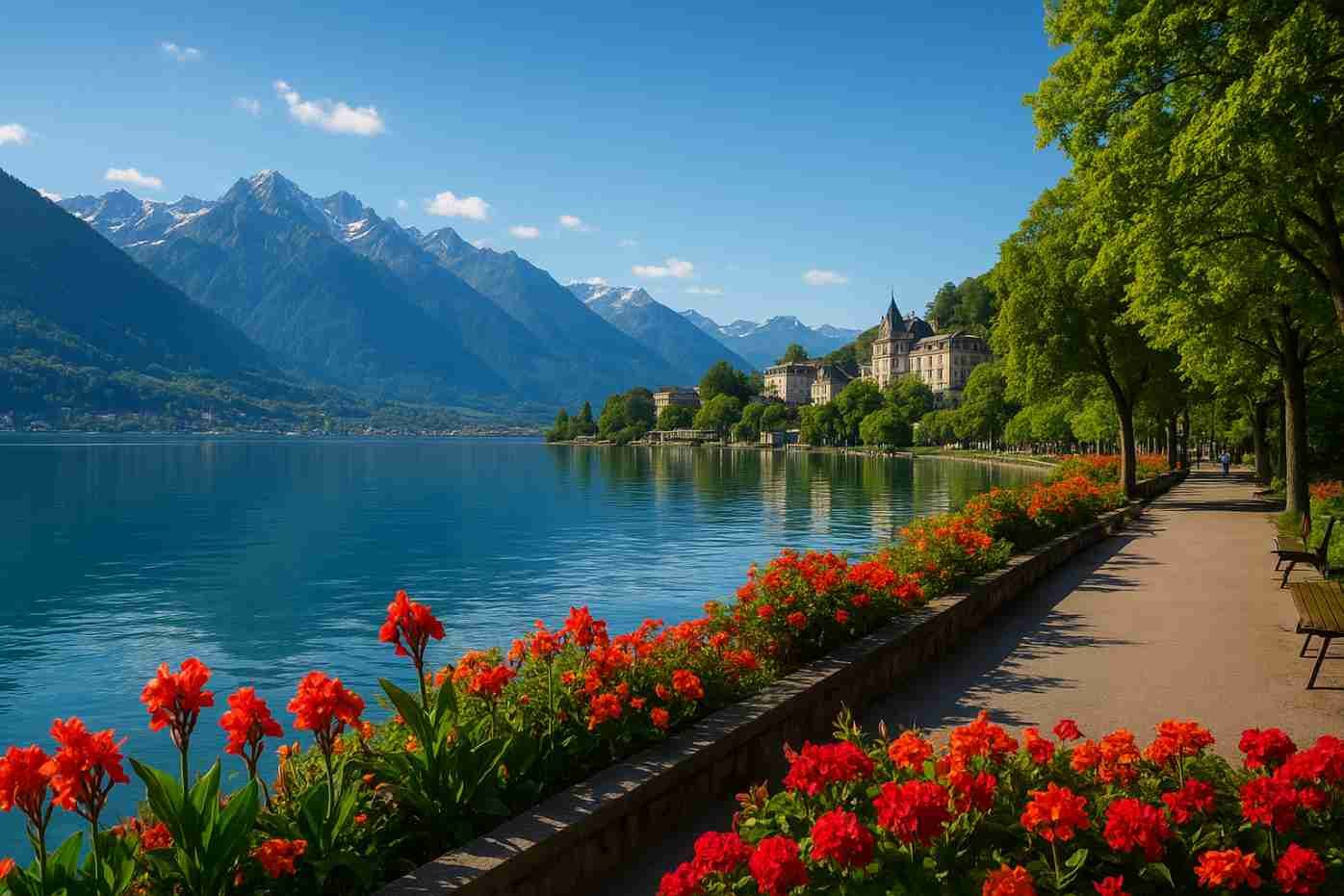
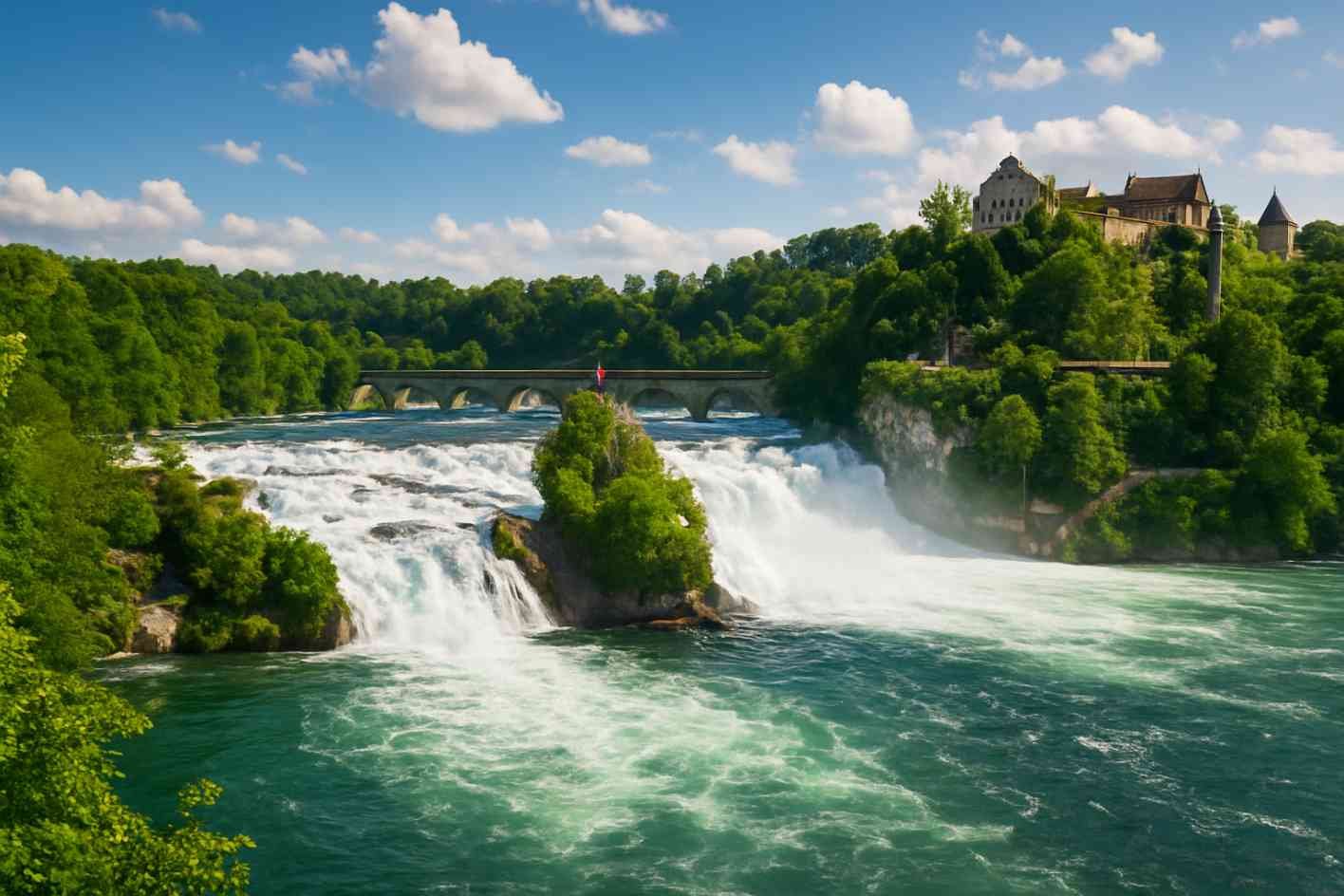
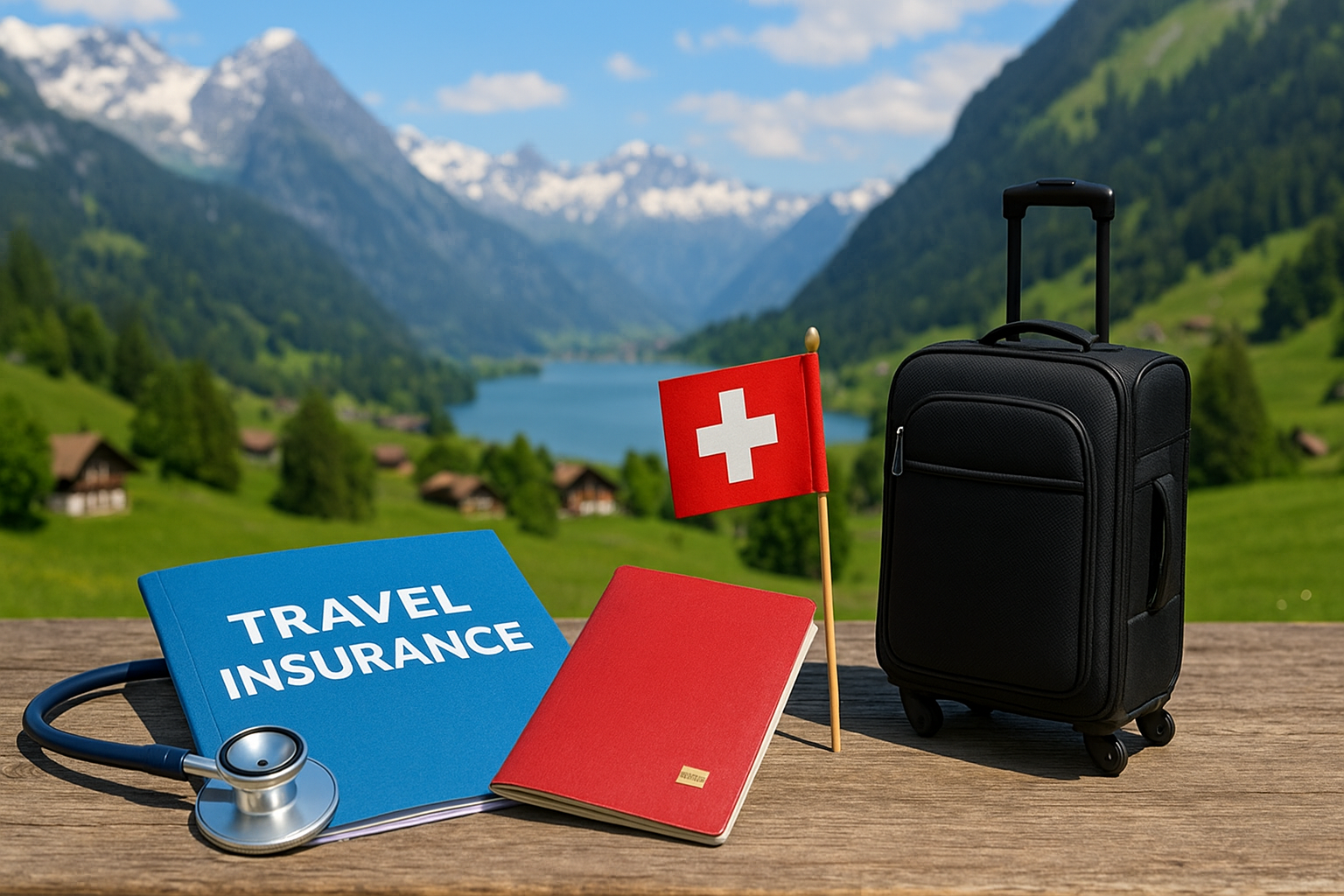
[…] using reusable water bottles, recycling, and minimizing waste. Switzerland has some of the cleanest tap water in the world, so there’s no need to buy bottled water—using a reusable bottle is both practical […]
[…] Highlights: Center Water Vitality emphasizes utilizing locally sourced fixings and advancing low-sugar alternatives, making […]